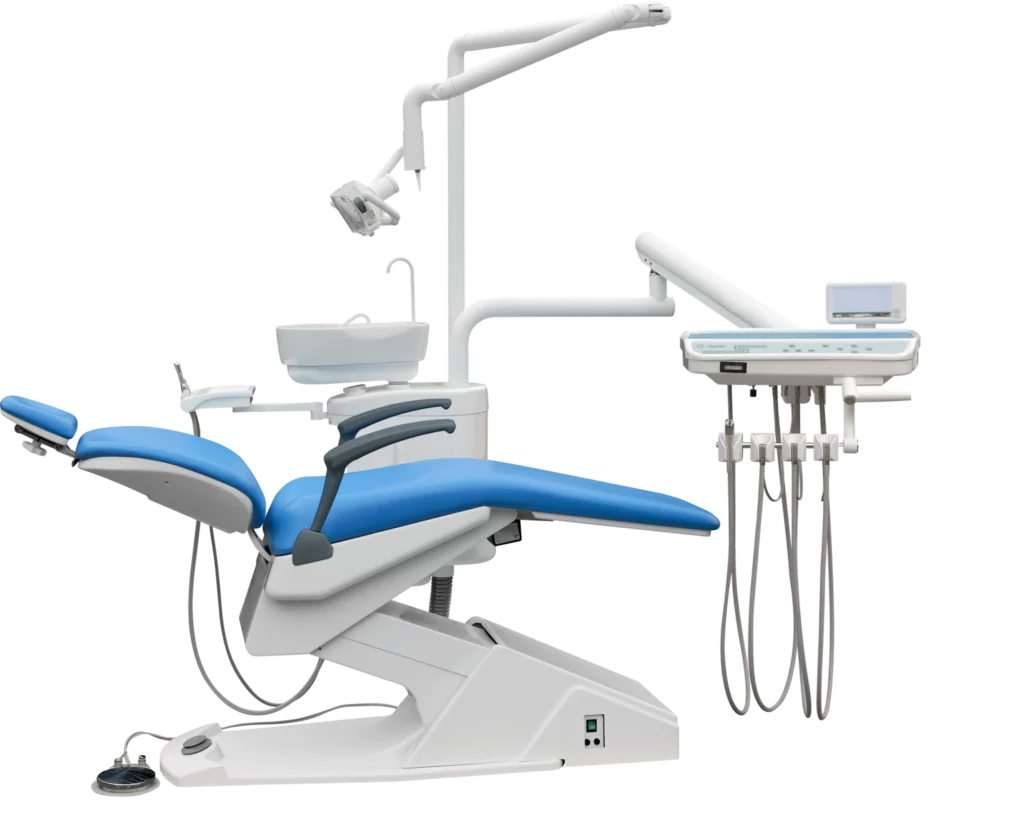Taking care of our teeth is essential for maintaining good oral health, and part of this involves properly disposing of dental waste. These are materials used in dental procedures and can be hazardous if not handled and disposed of correctly. This article discusses different types of dental wastes, their potential risks, and how to dispose of them properly.

Dental waste can be divided into two main categories: hazardous and non-hazardous. The former is composed of materials or items that can be dangerous to the environment or human health, while the latter suggests otherwise. We will focus on hazardous dental waste.
Amalgam
Amalgam is created when dentists fill cavities. It is made up of silver, tin, copper, and mercury. This type of dental waste is highly durable and can last for many years. Although it offers an effective way to fill cavities, amalgam is not without its drawbacks. It can contain high levels of mercury, which can be hazardous to human health and the environment.
For this reason, dental practices are advised to dispose of amalgam waste according to specific local regulations. This usually involves separating the amalgam from other materials and sending it to a designated disposal site.
Silver Polish
Silver polish is typically a combination of acids and abrasive materials used to buff and polish silver or gold dental crowns and bridges. It is made up of substances like acids and abrasive materials that help to buff and polish the surface. Because it contains acids, this type of dental waste can be dangerous, so getting rid of it safely is necessary.
In most cases, silver polish waste should be placed in a hazardous waste container and taken to a hazardous waste disposal facility. Check with local regulations to ensure that silver polish waste is disposed of properly.
Dental Mercury
Dental mercury is a hazardous material found in amalgam fillings, commonly used to fill cavities in teeth. When the amalgam filling is in contact with saliva, it releases a small amount of mercury vapor, which is then inhaled and absorbed into the body. The amount of mercury vapor released is typically very low, but it can accumulate over time and cause health problems.
Proper disposal of dental mercury is vital to protect the health of individuals, communities, and ecosystems. Use special disposal methods, such as certified and approved amalgam separators, to ensure that dental mercury is not released into the environment.
X-Ray Films
X-ray films are a type of hazardous waste that contain silver and other heavy metals. These metals can be toxic and accumulate in the environment, posing a risk to human health and the outside world. Proper disposal of x-ray films is crucial to ensure that these pollutants are not released into the environment and harm human life.
When disposing of X-ray films, follow all local, state, and federal guidelines. This includes storing them in a secure, well-labeled container, such as a lead-lined bag, and disposing them through an approved waste disposal facility.
Contaminated Sharps
Contaminated sharps are any medical tools that have been used and can pierce or cut the skin. This could include but is not limited to needles, syringes, scalpels, and other sharp instruments. You must handle these items with care because they may contain dangerous bacteria and viruses that could cause harm if exposed.
To reduce the risk of injury or disease transmission, dental clinics should ensure they securely dispose of contaminated sharps. They must use designated, special containers to store and collect used sharps for safe disposal.
Conclusion
It pays to be knowledgeable about dental waste and how to dispose of them safely. The best way to ensure proper waste disposal is to work with a professional hazardous waste removal service. These services specialize in the safe handling, storage, and transportation of hazardous materials and can provide resources to ensure the proper disposal of dental waste.
Beyond Surplus provides electronics recycling services for people looking to dispose of their laptops, tablets, smartphones, and other devices. Dental and e-waste disposal services are also available upon request. Call us now to schedule a pick-up or drop-off.


